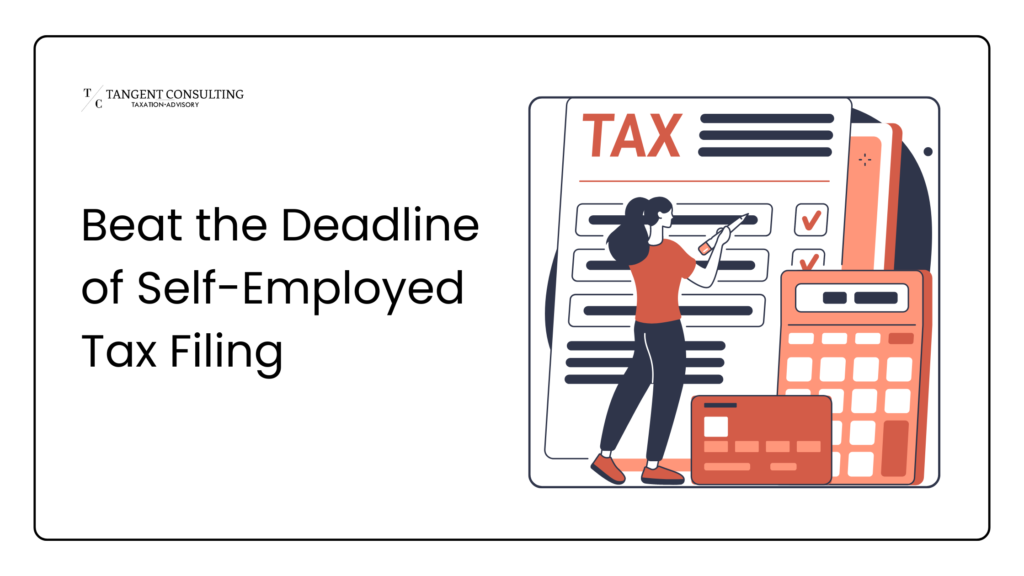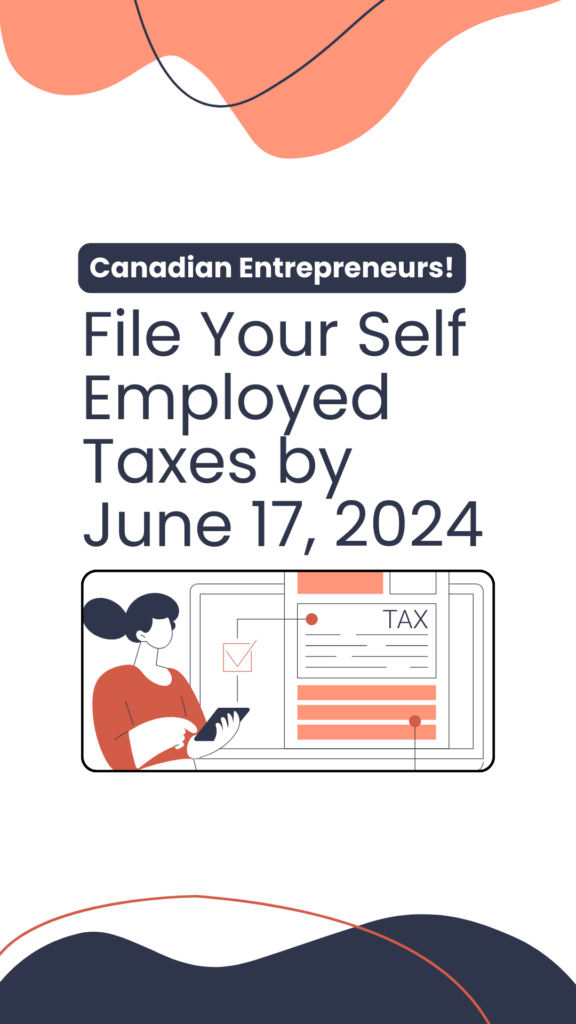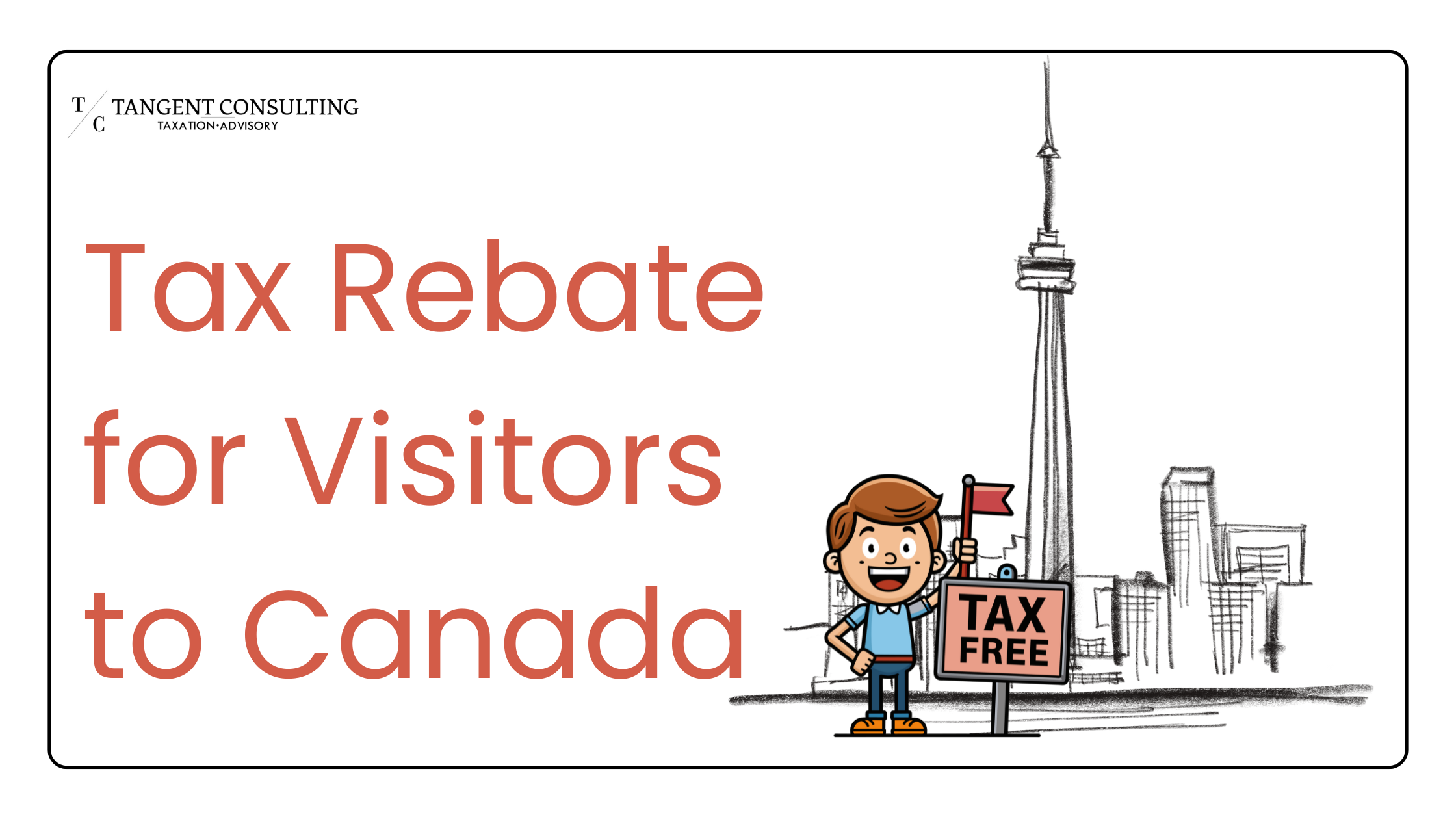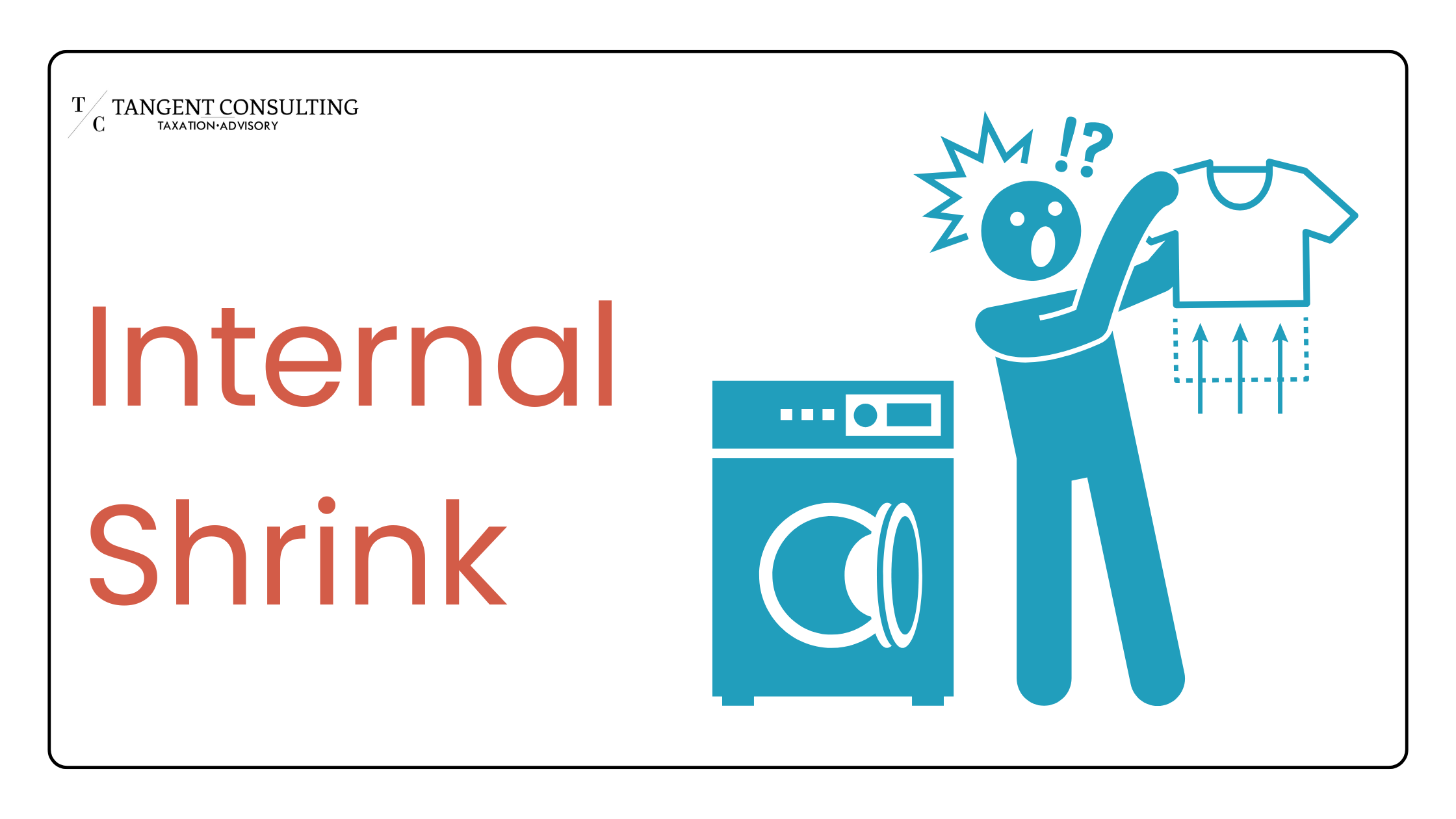How to File Your Self Employed Tax Returns in Canada

Estimated reading time: 6 minutes
How to File Your Self Employed Tax Returns in Canada?
If you aren’t working for any employer, you probably fall into the self-employed tax filer category. You don’t have to worry about filing your self-employed tax returns if your business did not make a profit.
If you are generating consistent income based on your venture, then you are a self-employed individual. In this case, you would fall into one of these three sub-categories:

- Sole Proprietor
- Independent Contractor
- Partnership
Sole Proprietor
If you don’t have any employees or not looking to hire one, you are a sole proprietor. The business structure illustrates you are the one running a business and have total control of its operations.
When are sole proprietor taxes due?
Sole proprietor taxes this year are due on June 17, 2024 (Monday). The actual deadline was June 15, 2024. But because it’s a Saturday, the CRA extended the deadline to June 17, 2024.
Independent Contractor
Ottawa requires you to pay tax as a self-employed contractor if you provide your services to another entity on a contractual basis.
Partnership
If your business is run by two or more independent parties, you will be required to file self-employed tax returns as a partner in business.
What is the deadline for self-employed tax filing in 2024?
June 17, 2024, is the date by which the CRA must have received your tax returns. It is also okay if this date is at least postmarked on your self-employment tax returns.
Last Minute Tax Filing Problems?
If you are scrambling to file your taxes on time, let us help you. You will meet this and all coming deadlines!
How much does a self-employed individual need to pay in the Canada Pension Plan (CPP)?
If you are self-employed, living anywhere in Canada except Quebec, over 18 years old, and earning over $3500 annually, you pay 11.4% of your net business income (after expenses) in CPP.
How to prepare and submit your self-employed tax returns?
As a self-employed individual, your tax returns will be calculated based on individual income tax rates. You will be paid using your personal tax return.
Even if you were employed at some point during the year, you need to submit tax return for one year. This will carry both your self-employment income and the record of pay cheques you received when working as an employee. You do need to have some information beforehand to prepare your self-employed tax returns.
Your Information Outside Self-Employment Category
This includes your name, birthday, Social Insurance (SIN) number, and similar details of your spouses and/or any other dependents. Also include any records of income from regular jobs, investments, etc., here.
Self-Employment Information
Write down everything that services as an identification of your business. This could range from your Business name to your GST/HST number, Business Identification number, the industry code of your business and so on. Wherever you think you don’t have the required information, schedule an urgent consultation to file your self-employed tax returns.
Total Income made by your Business
Here you have to include the total income that you made with your self-employment venture. It is always a good step to have an expert financial accountant do your bookkeeping so in times like these when you need to file your self-employment tax returns, you have a record of total income your business made readily available.
Record of Expenses incurred while operating Business
The sweet section of self-employed tax filing where one gets to deduct business expenses still does need your receipts and records of all the expenses. These tax breaks are given on items you use while operating your business and are listed in detail below.
Self-Employment Tax Deductions
Everything that helped you keep your business up and running can potentially be claimed as a deduction. If you went to a networking event to get new clients to sign up, or you used a laptop to do all your business documentation and dealings on, or you used a certain room in your house to store inventory items, everything that you used to make a profit is basically deductible.
And no matter how small your deduction is, it is always a good practice to claim every possible deduction on your self-employed tax returns because it lowers the amount of money you have to send outside the business pool (i.e. to the CRA) but also helps you understand your business’s financial position.
Let’s go through a list of most common self-employment tax deductions offered by the CRA:
Operating Expenses
These include but are not limited to your office supplies, the internet you use, the cost you incur while delivering your products, marketing fees etc. You can deduct this amount from your tax returns.
Vehicle Expenses
For vehicles that are used to do your business, you can deduct the maintenance costs, fuel, insurance, registrations and permits, lease payments etc.
Travel Expenses
If the nature of your business requires you to travel and meet people, you can claim tax break on the money you pay to book hotel rooms, plane/train/bus/ride tickets, registration fees of any networking events etc.
Startup Expenses
Machinery or Equipment that you buy to begin and maintain your business operations is also tax-deductible.
Miscellaneous Expense
If you need to pay a legal fee during any stage of your business operation or you need to pay for accounting services that will keep your small business growing, these are more Misc. Expenses are also deductible when filing your self-employment taxes.
List of all Business Expenses to Claim Deductions on
As of 2024 if you operate your self-employed business in Canada, here’s the list of official business expenses that you can claim a tax break on, coming straight from the tax man (CRA) himself.
How does your tax return differ if you are self-employed versus if you are an employee?
There are two main distinctions between filing as an employee and filing as a self-employed tax filer:
- As an employee, you get a document called a “T4 Slip” from your employer which serves as proof of the fact that your taxes have been deducted from your paychecks. You get nothing like this when you are self-employed (because you are the employer AND the employee at the same time). In the latter case, you have to make your own estimated tax payment to the CRA.
- As an employee, you have less “deductions” on your tax returns. But you get to use many tax breaks for self-employed individuals if you are your own boss.
File your taxes on time, every time.
Your vision for growth combined with our proactive team expert in financial processes will lead to something impressive, something memorable!



